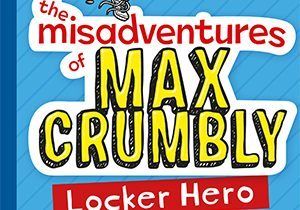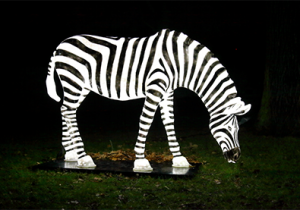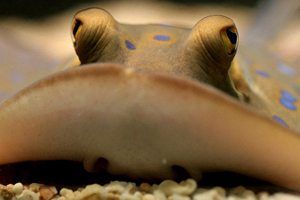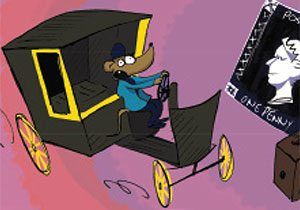
X-ray art primary resource
Discover this unusual method of creating artworks
This primary resource gives children the opportunity to think about art in different forms, and the diverse techniques that artists can use to create their work. Discover how Arie van ‘t Riet uses an X-ray machine to create his artwork. What can you see in this picture?
Pupils will learn about how the artist creates the scenes of his X-ray art and where he gets the materials from in our National Geographic Kids’ Art primary resource sheet.
The teaching resource can be used in study group tasks about unusual art forms, as a printed handout for each pupil to consider art that utilizes the natural world, or for display on the interactive whiteboard to be discussed as a whole class.
Activity: Before reading the text, ask pupils to identify what they can see in the picture. How do they think the image has been made? Discuss as a class the technique that the artist has actually used. Have any of the children had an X-ray? Discuss why the artist might have chosen this technique as a way of making art. Can they think of any other ways to use nature in art work? (e.g. flower pressing, leaf prints, etc.).
N.B. The following information for mapping the resource documents to the school curriculum is specifically tailored to the English National Curriculum and Scottish Curriculum for Excellence. We are currently working to bring specifically tailored curriculum resource links for our other territories; including South Africa, Australia and New Zealand. If you have any queries about our upcoming curriculum resource links, please email: schools@ngkids.co.uk
This Art resource assists with teaching the following Art objectives from the National Curriculum:
The national curriculum for art and design aims to ensure that all pupils:
- evaluate and analyse creative works using the language of art, craft and design
National Curriculum Key Stage 1 Art objective:
Pupils should be taught:
- about the work of a range of artists, craft makers and designers, describing the differences and similarities between different practices and disciplines, and making links to their own work
This Art primary resource assists with teaching the following Expressive arts First level objectives from the Scottish Curriculum for Excellence:
- I have the opportunity to choose and explore a range of media and technologies to create images and objects, discovering their effects and suitability for specific tasks.
- I can respond to the work of artists and designers by discussing my thoughts and feelings. I can give and accept constructive comment on my own and others’ work.
Scottish Curriculum for Excellence Second level Expressive arts objectives:
- I have the opportunity to choose and explore an extended range of media and technologies to create images and objects, comparing and combining them for specific tasks.
- I can respond to the work of artists and designers by discussing my thoughts and feelings. I can give and accept constructive comment on my own and others’ work.
Scottish Curriculum for Excellence Third level Expressive arts objective:
- I can respond to the work of artists and designers by discussing my thoughts and feelings. I can give and accept constructive comment on my own and others’ work.
Scottish Curriculum for Excellence Fourth level Expressive arts objective:
- I can analyse art and design techniques, processes and concepts, make informed judgements and express considered opinions on my own and others’ work.
Download primary resource
More Like

Win: new series from the creator of Dork Diaries!

Enchanted Christmas at Knowsley Safari

14 facts about stingrays!









LEAVE A COMMENT
THANK YOU
Your comment will be checked and approved shortly.
WELL DONE,
YOUR COMMENT
HAS BEEN ADDED!
COMMENTS
very cool art
CUSTOMIZE YOUR AVATAR